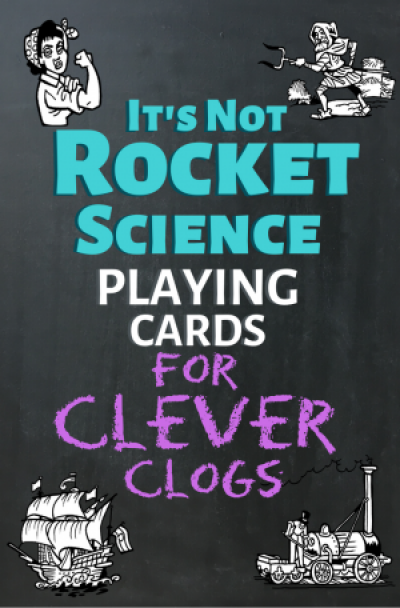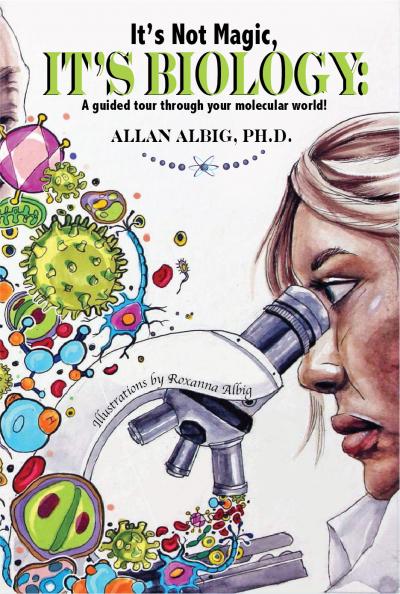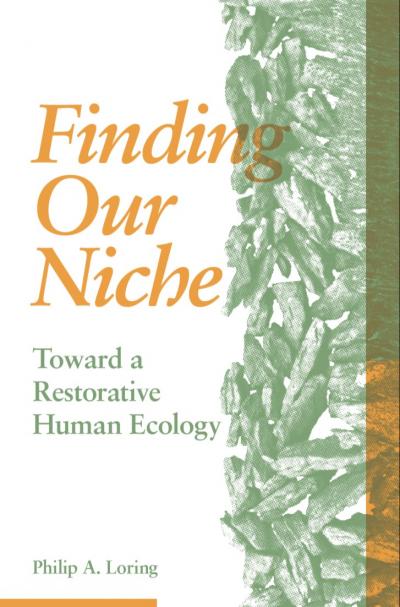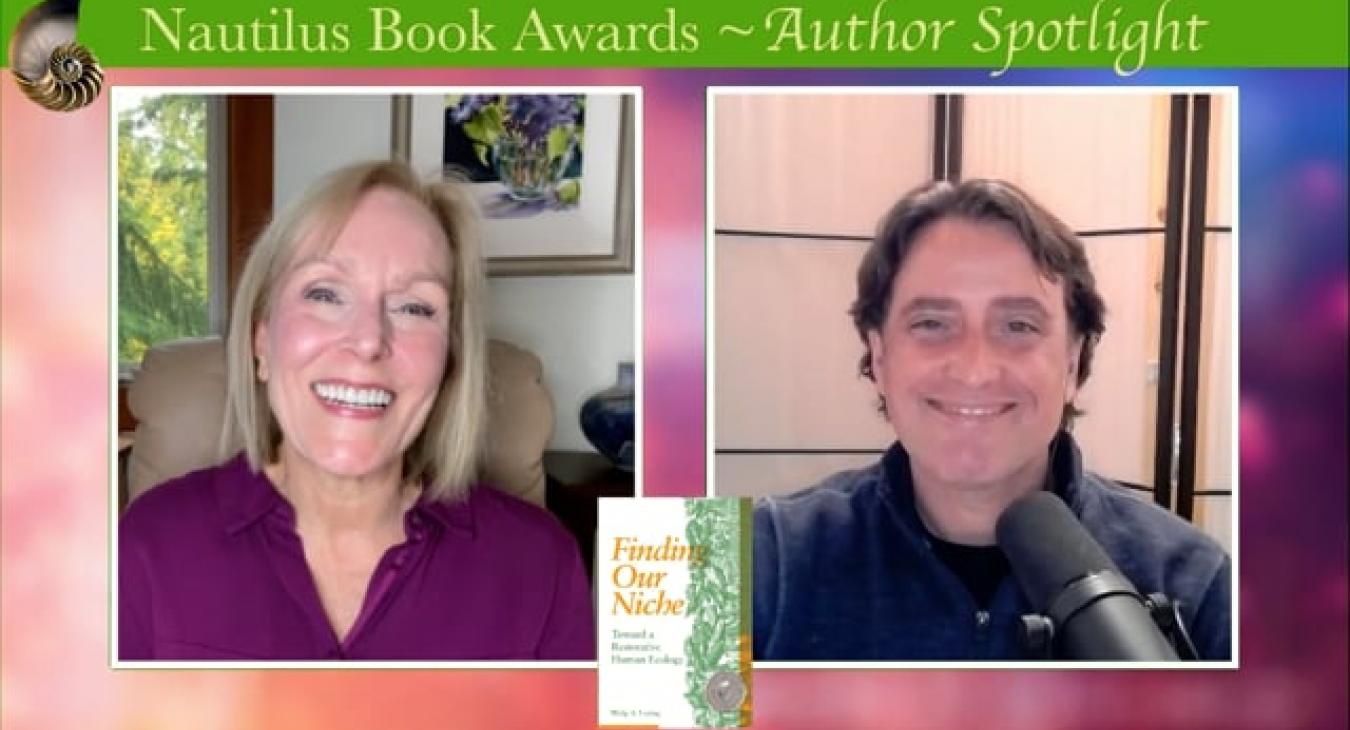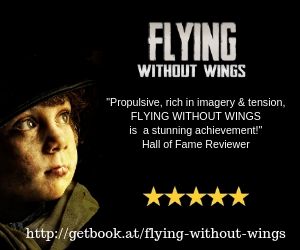Finding Our Niche
Finding Our Niche explores the tragedies of western society and the cultural myth that we are inherently flawed, greedy, and unsustainable beings. It also offers the makings of an alternative: a set of examples that can guide us in reconciling our settler-colonial histories and identities in favor of a new and more sustainable vision for humanity.
The author, Philip Loring, draws on stories from his fifteen years experience as an anthropologist and ecologist working around the world to understand how local people are rejecting the oppressive, industrial logic of progress and creating win-win scenarios, where both people and nature thrive together. He offers a set of ecological metaphors, including keystone, engineer, and sentinel, as a lens through which to draw general principles from this tapestry of unique, place-based innovations. These cases, which include cattle ranching on the Burren in Ireland, clam gardening in coastal British Columbia, and an accidental wetland in Northwest Mexico, offer both hope and concrete examples of how we can do things differently.
Finding Our Niche is also about the hard journey of reconciliation from a personal perspective. Loring weaves through the various cases personal vignettes, about his own struggle to reconcile his identity as a white settler on stolen Indigenous lands: stories about his boyhood in Maine, mentors who have helped, friends he has lost, and missteps that he regrets. Taken together, the book develops a thesis about how we can reimagine our nature and identity, and in so doing build more healthful and fulfilling relationships with our neighbors and the land and seascapes around us.



